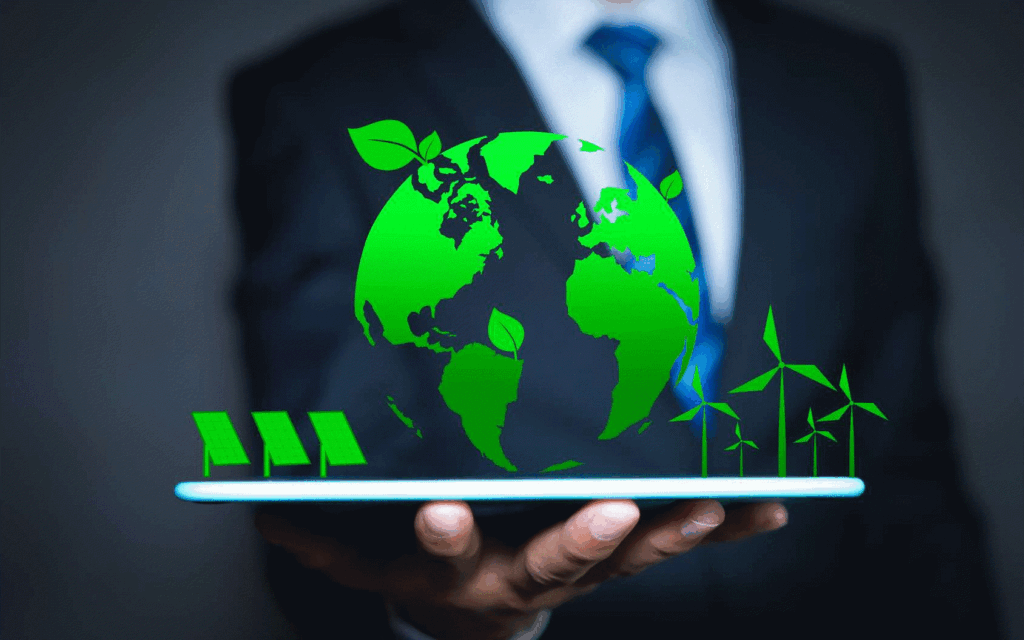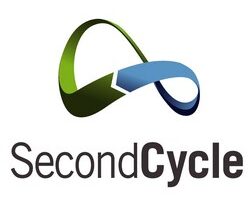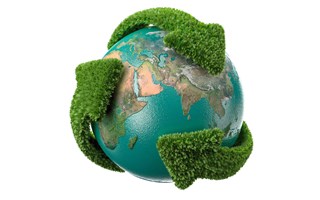As we approach 2022, there is higher awareness of climate change than ever before, and the question for businesses is no longer whether they should adopt greener methods, but how they can do so while still making a profit. In fact, more and more businesses across all industries are pledging to reduce their environmental impact by establishing environmentally responsible workplaces. Through years of experience, Second Cycle has developed over the years complete and adaptable solutions for the implantation of environmentally responsible practices within the organization.

The Second Cycle approach is presented from four angles :
- GHG and energy optimization;
- Residual materials management;
- Life cycle analysis;
- Eco-responsible procurement
Eco-responsibility is defined as the daily adoption and promotion of responsible activities to collectively improve the quality of life of individuals and protect the environment. Compagnies that focus on reducing pressure on natural resources and adopting a proactive approach pressure on natural resources and adopting a proactive approach to sustainable development are leaders in their sectors. In an increasingly competitive economic environment, the return on investment required for such a transition is measured first in terms of revenue and also on the effects of reputation, brand image and market influence that can have a significant beneficial impact and market influence that can have a significant beneficial impact. Not to mention the growing number of sophisticated shareholders who are looking at a company’s environmental footprint as well as its financial returns before investing.
Is your company considering a circular economy project?
Contact us toll free : 1 833-280-2828

